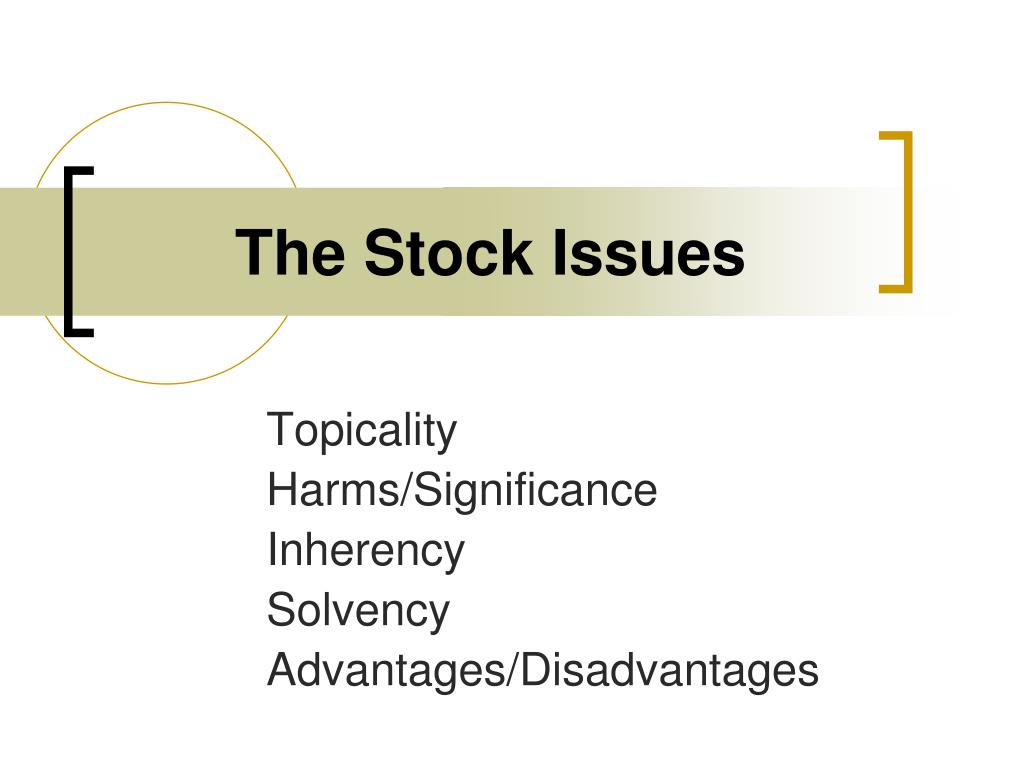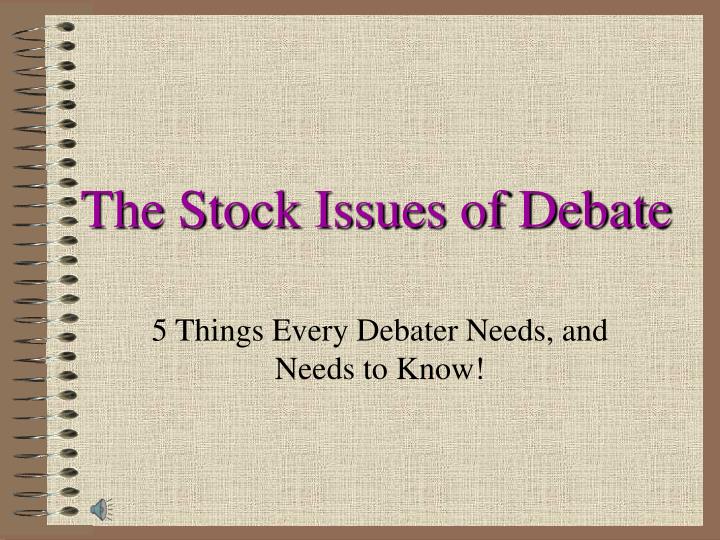Markets & Politics: CPI, Powell, CNFIUSD & Controversial Debates
Could the convergence of political maneuvering, economic indicators, and international trade dynamics truly dictate the trajectory of financial instruments like the CNFIUSD? The intricate web of influences, from Federal Reserve testimonies to geopolitical tensions, suggests a resounding yes. Navigating this complex landscape requires a keen understanding of the forces at play and their potential impact on market valuations.
This week, the financial world finds itself at a critical juncture, with several key elements converging to potentially reshape the landscape. Politics, the June Consumer Price Index (CPI) reading, and Federal Reserve Chair Jerome Powell's testimony before Congress are all poised to steal the spotlight. Moreover, the underlying global dynamics are already influencing market sentiments, and that requires careful evaluation of risks and opportunities.
Global diversification emerges as a prudent strategy amid the current market volatility, as experts warn of mounting pressures on U.S. markets. The impact of this situation extends beyond domestic borders, influencing the valuation of instruments like CNFIUSD. The confluence of these factors necessitates a deeper dive into the potential repercussions and the strategies investors should consider.
What potential effects could the U.S. market's current confusion and evolving financial conditions have on CNFIUSD stock trends? The answer lies in the complex interplay of domestic economic performance, international investor sentiment, and the overall health of global financial markets. These factors are also weighed down by trade imbalances and policy responses, impacting the currency pairs in the open market.
Another element to consider involves the geopolitical dance surrounding U.S. tariffs on aluminum and steel. Could these measures significantly influence CNFIUSD's valuation? The imposition of tariffs and the reciprocal actions they may trigger can disrupt trade flows, impact currency values, and alter the economic landscape for all involved. The degree to which countries like Canada are also affected further complicates the calculus.
On Tuesday afternoon in Philadelphia, investors turned their attention toward a highly anticipated event: Vice President Kamala Harris and former President Donald Trump prepared to engage in their first face-off. As the political theater plays out, it is critical to remember its potential influences on the market, which extends to economic policies and investor confidence.
The financial markets often find themselves at the mercy of economic indicators. The June Consumer Price Index (CPI) reading will be a crucial piece of information influencing investors' decisions. The CPI provides insights into inflation rates, which impact interest rates and the overall health of the economy. Market participants will closely monitor the reading, as it can be an indicator of the Federal Reserves future monetary policy.
In addition to the CPI reading, the testimony of Federal Reserve Chair Jerome Powell before Congress is another high-profile event set to draw attention. Powell's statements, his analysis of the economic situation, and his commentary on monetary policy decisions will be scrupulously examined for indications of the central bank's future strategy. Market observers and investors will try to anticipate how his assessment might impact interest rates, financial markets, and the broader economy.
Controversial debates, by their very nature, involve topics that spark passionate and often opposing viewpoints. These can be political discussions, debates on social issues, or even arguments related to economic policies. Such debates are not always easy to resolve, especially if the involved parties have conflicting belief systems or hold opposing values. The intensity of a debate can sometimes reflect the importance that people place on the topics, with disagreements often escalating into heated discussions among individuals or groups.
Traveling within a state can offer an unparalleled opportunity to gain insights into its culture. This immersion can reveal a lot about the values, beliefs, and practices that the society values. The gentility, honesty, and sincerity displayed by the local people serve as indicators of cultural influences. Also, their understanding of history offers key insights into the historical events and influences that have shaped their cultural identity. Finally, their general worldview, encompassing their tolerance and compassion, demonstrates cultural values such as broadmindedness, kindness, and open-mindedness.
Ms. Harris's opening remarks provided viewers with insights into the upcoming discussions. Her words helped to set the stage and provide context for the viewpoints that were to come. This type of introduction can play a critical role in managing audience expectations and preparing them for the information presented. This is an important step in creating the foundation for a productive debate.
Relief appears to be the current sentiment in European markets following the recent election results in France. Conversely, U.S. markets appear to be characterized by confusion, according to Bob Savage, Head of Markets Strategy and Insights at B. This divergence highlights the dynamic nature of the financial landscape and how global events can cause differing market reactions. Understanding these dynamics is critical to navigating the market.
This article provides an introduction to Confucianism. Confucianism is a philosophical and ethical system that originated in ancient China. It emphasizes concepts such as respect for elders, the importance of education, and the significance of social harmony. The basic teachings of Confucianism are rooted in the ideas of Confucius, a philosopher who lived during the Spring and Autumn period in China. His thoughts have had a significant impact on the history, culture, and way of life in East Asia.
The article suggests an important element regarding the state of affairs in the United States. The writer suggests that something is "deeply troubling". This type of statement can attract the attention of a reader and prompt them to think about the situation. The tone indicates concern about an issue of great importance to the United States. To understand the nature of the crisis, one has to study the details of the situation and the writer's reasons for using the term "deeply disturbing".
To understand the global financial markets, one has to be aware of the factors influencing the prices. The U.S. market and the current financial conditions can influence the financial instrument of CNFIUSD stock trends. The geopolitical dynamics surrounding U.S. tariffs on aluminum and steel and their effects on CNFIUSD's valuation cannot be ignored. A deep understanding of these debates is essential in navigating the financial markets and making informed investment decisions.
| Category | Details |
|---|---|
| Key Area | CNFIUSD Stock Trends |
| Potential Influences |
|
| U.S. Market Impact |
|
| Geopolitical Impacts |
|
| Economic Indicators |
|
| Important Political Events |
|
| Key Strategies |
|
| Resources and Information |
|
Now, let's delve into the intricacies of Chinese political theory. This is a crucial area, especially in a world where China's economic and political influence continues to rise. An introduction to these debates will help clarify the complex nature of modern global governance.
Chinese political theory is marked by a rich history of debates that have molded the country's political landscape. Key debates within Chinese political theory revolve around several important concepts. These concepts include the proper role of the state, the relationship between the individual and society, and the nature of political legitimacy. Understanding these debates provides vital insights into the evolution of Chinese political thought, which is essential in grasping contemporary global trends.
In contrast to Western political theory, Chinese political theory places significant emphasis on the role of the state in managing society and promoting social harmony. A central idea involves maintaining societal stability and prioritizing the collective good. This contrasts with Western traditions, which often center on individual rights and freedoms. A comparative study of both concepts will reveal the key differences and the areas of mutual relevance that help to provide a better understanding of global politics.
Drawing on these debates in Chinese political theory, we can start to tackle contemporary social and political challenges. This offers the chance to explore alternative perspectives on governance, social order, and economic development. Such an exploration can inform policy, promote better international relations, and promote cooperation between different societies.
The cultural influence of a region is often reflected in the actions of its people. The gentility, honesty, and sincerity that define the behaviors of local people, for instance, show a deep connection to their cultural roots. Similarly, their understanding of history gives rise to the idea of the influence of historical books. The broadmindedness, mildness, and kindness that characterize their demeanor give insights into the values of their culture. These attributes and beliefs provide insights into the history, values, and cultural identity of that society.


